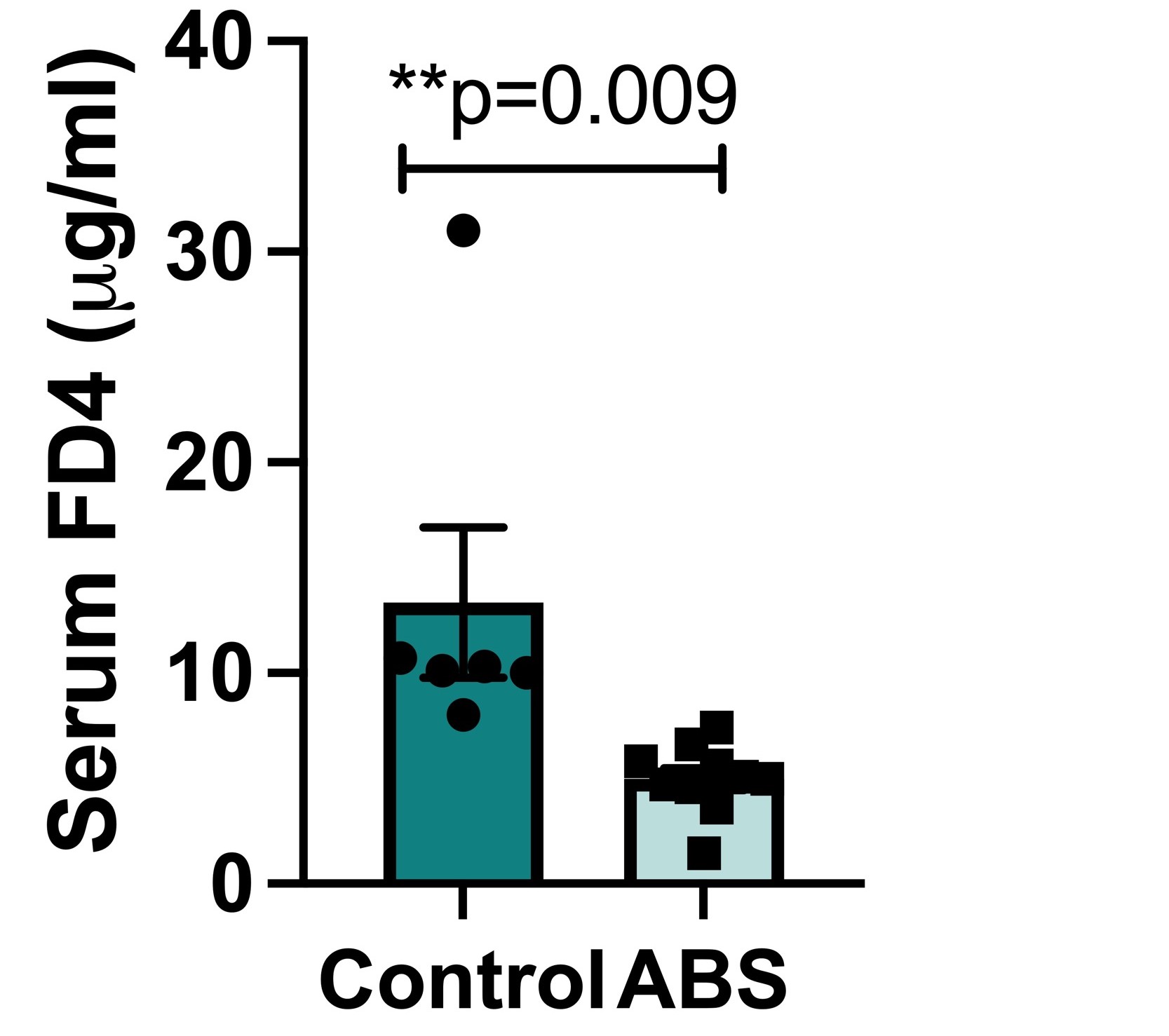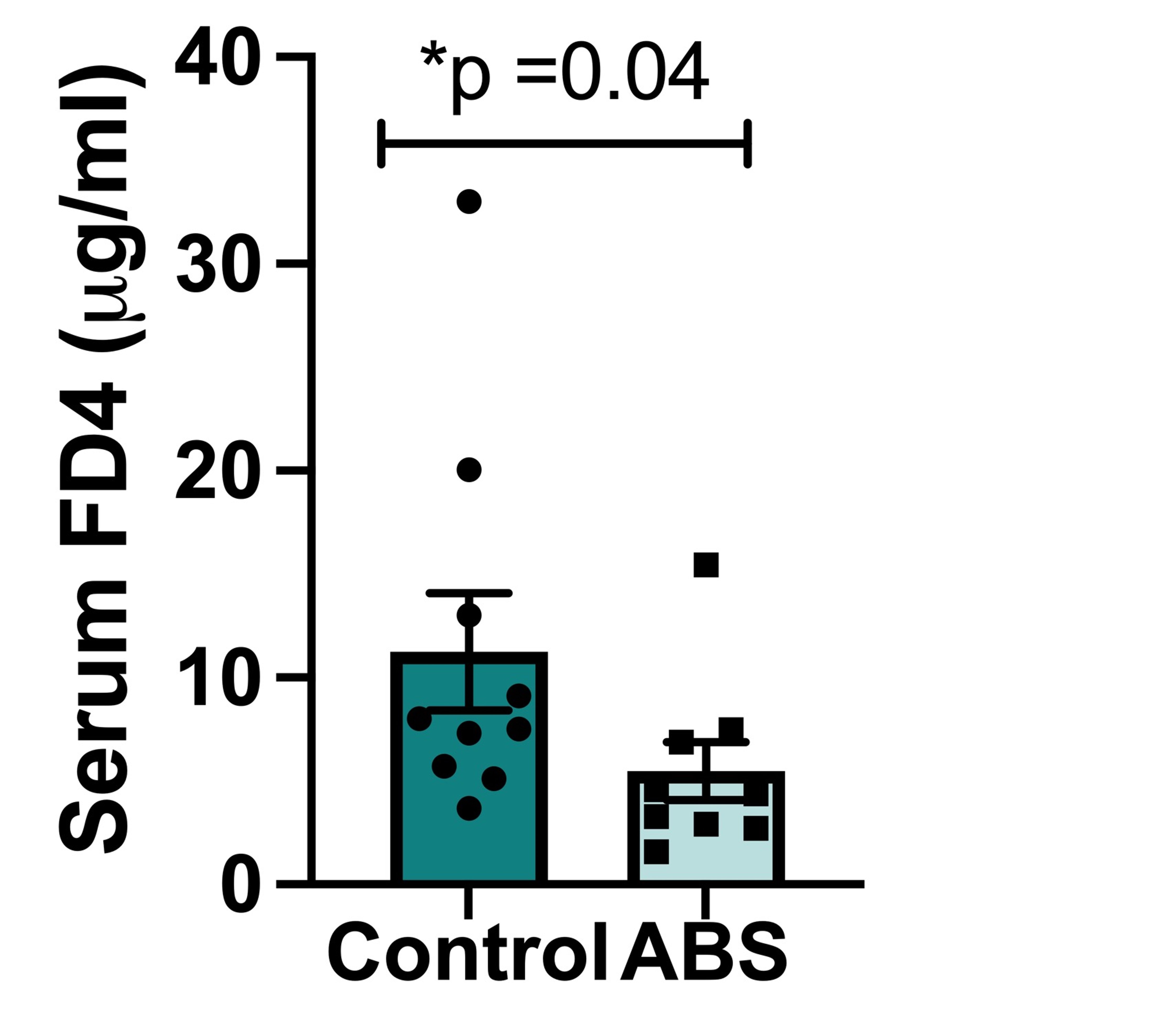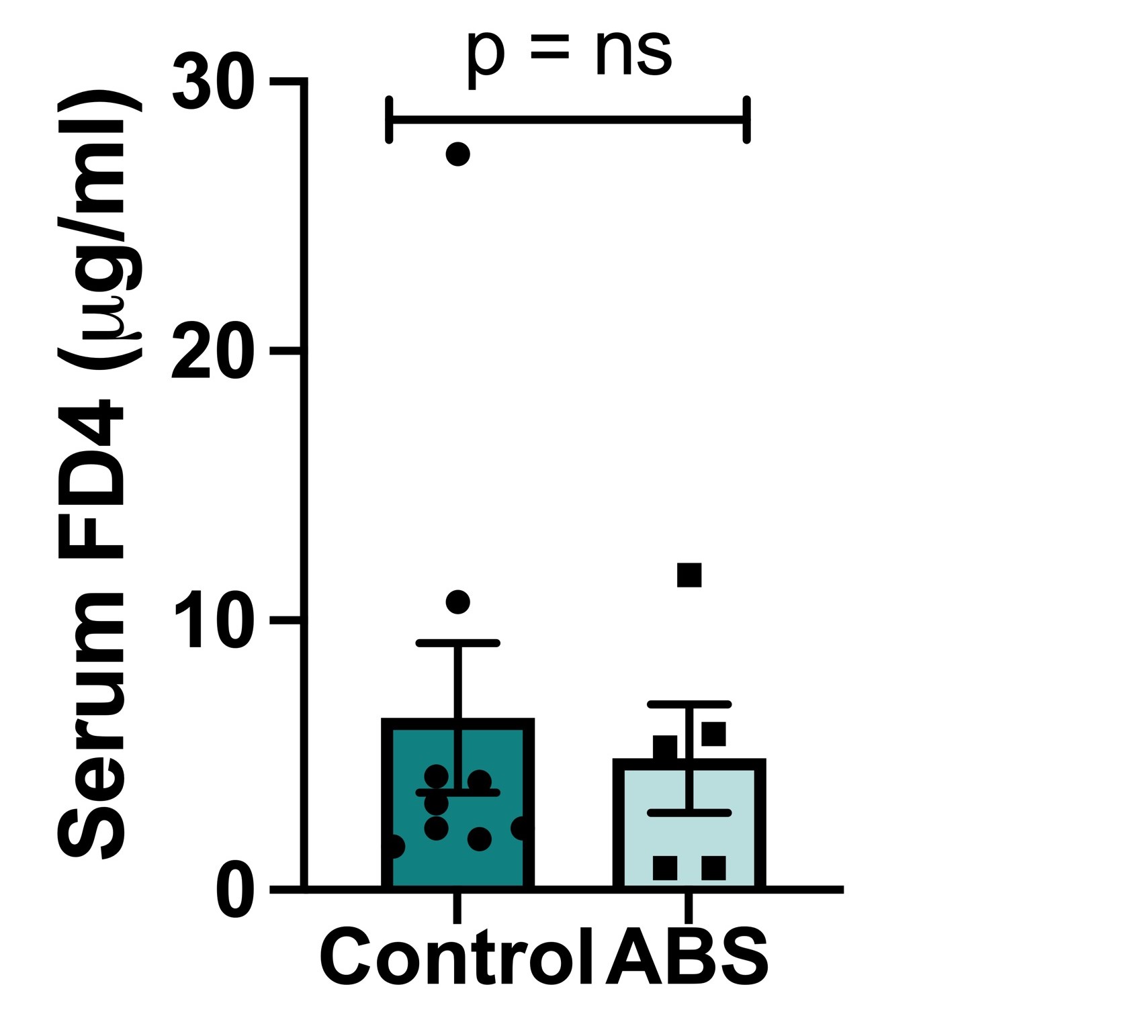Neonatal GI Physiology & NEC 3
Session: Neonatal GI Physiology & NEC 3
684 - Antenatal Butyrate Supplementation Improves Intestinal Barrier in Neonatal Murine Offspring
Monday, April 28, 2025
7:00am - 9:15am HST
Publication Number: 684.3977
Andrea Colarelli, Emory University School of Medicine, Atlanta, GA, United States; Maria E. Barbian, Emory University School of Medicine, Atlanta, GA, United States; Merrick G. Hunter, Emory University, Decatur, GA, United States; Rheinallt Jones, Emory University School of Medicine, Atlanta, GA, United States
- AC
Andrea Colarelli, MD
Pediatrics Resident
Emory University School of Medicine
Atlanta, Georgia, United States
Presenting Author(s)
Background: Necrotizing enterocolitis primarily affects premature infants, causing intestinal inflammation and necrosis, with mortality rate of 24%. An important driver in its pathophysiology is impaired intestinal barrier function, which may lead to bacterial translocation and excessive inflammation. Maternal diet during pregnancy (antenatal diet) may influence infant gut development. Butyrate, a short-chain fatty acid, maintains intestinal homeostasis, specifically intestinal barrier function, by upregulating tight junction (TJ) proteins and enhancing mucus production.
Objective: Our goal is to evaluate the impact of antenatal butyrate supplementation (ABS) on the gut barrier in a murine model. We hypothesize that ABS improves the intestinal barrier in neonatal murine offspring.
Design/Methods: Mating pairs of C57Bl/6 mice received standard water (Control) or 90 mmol of sodium butyrate (ABS) in their drinking water during pregnancy. In vivo intestinal permeability was analyzed in offspring from each treatment group at postnatal weeks 1, 2, or 3. Offspring were fasted and gavaged with Fluorescein isothiocyanate-labeled 4.4-kDa dextran (FD4). After 4 hours, offspring were euthanized, and intestinal tissue and blood was collected. Serum FD4 concentration was determined by fluorescent spectroscopy. High serum FD4 suggests high intestinal permeability, and low serum FD4 suggests low intestinal permeability. Intestinal tissue was collected for qRT-PCR analysis of MUC2 and TJ proteins known to be upregulated by butyrate: zonula occludins-1, occludin, claudin-1, 2, and 3.
Results: 1 and 2-week-old ABS offspring had lower serum FD4 compared to age-matched controls (p=0.009 and p=0.04, respectively). 3-week-old ABS and control offspring had similar serum FD4 concentrations. There was a decrease in serum FD4 in control offspring as postnatal age increased (0.02), which was expected as the intestinal barrier matures over time. In ABS offspring, serum FD4 was low and remained unchanged as postnatal age increased.
Conclusion(s): Based on this preliminary data, ABS in mice accelerates maturation of the intestinal barrier in neonatal offspring. 1, 2, and 3-week-old ABS offspring had serum FD4 concentration similar to 3-week-old control offspring. This suggests the intestinal barrier of these mice is more mature. We speculate that ABS' effect on intestinal permeability relates to its upregulation of tight junction proteins or enhancement of the mucus barrier. We are currently assessing expression of TJ proteins known to be upregulated by butyrate and plan to evaluate the mucosal barrier through MUC2 expression and histology.
Serum FD4 in 1-week-old Offspring

Serum FD4 in 2-week-old Offspring

Serum FD4 in 3-week-old Offspring


